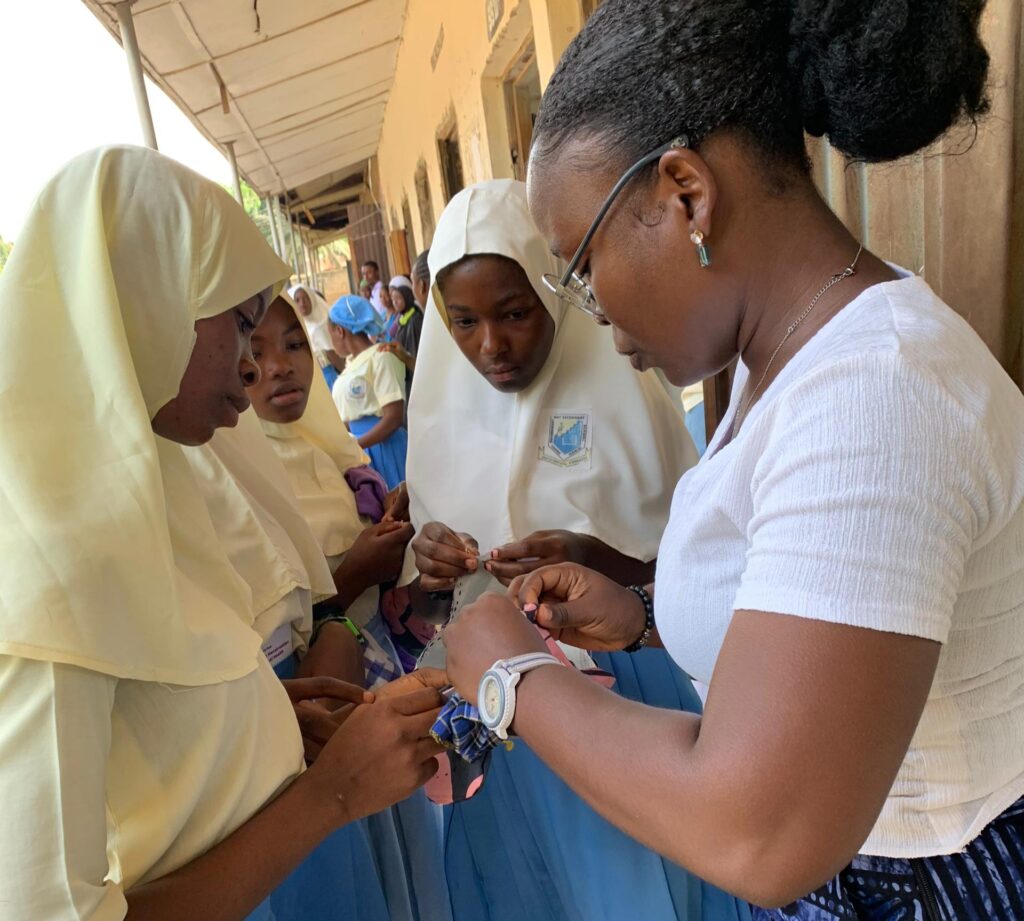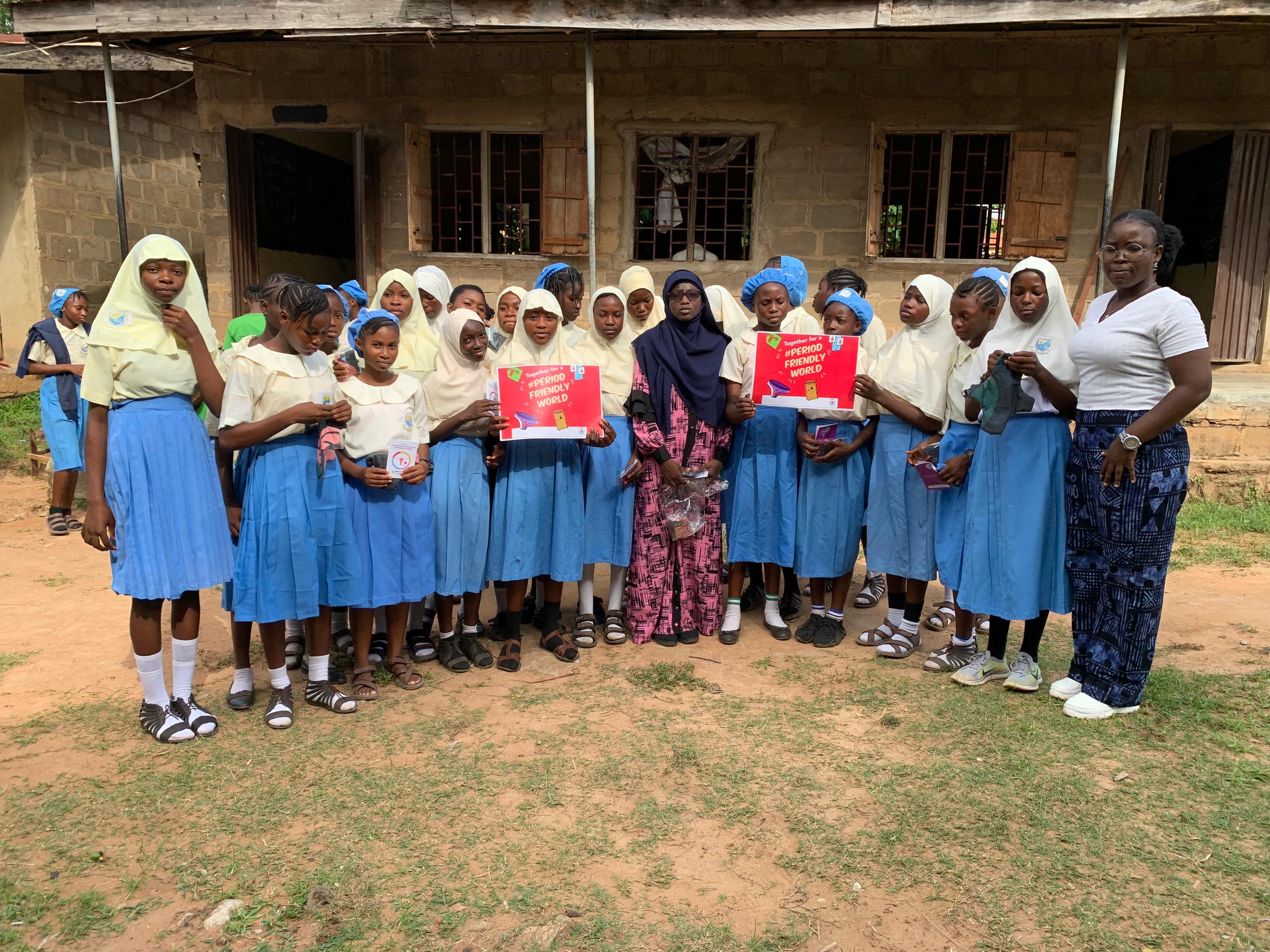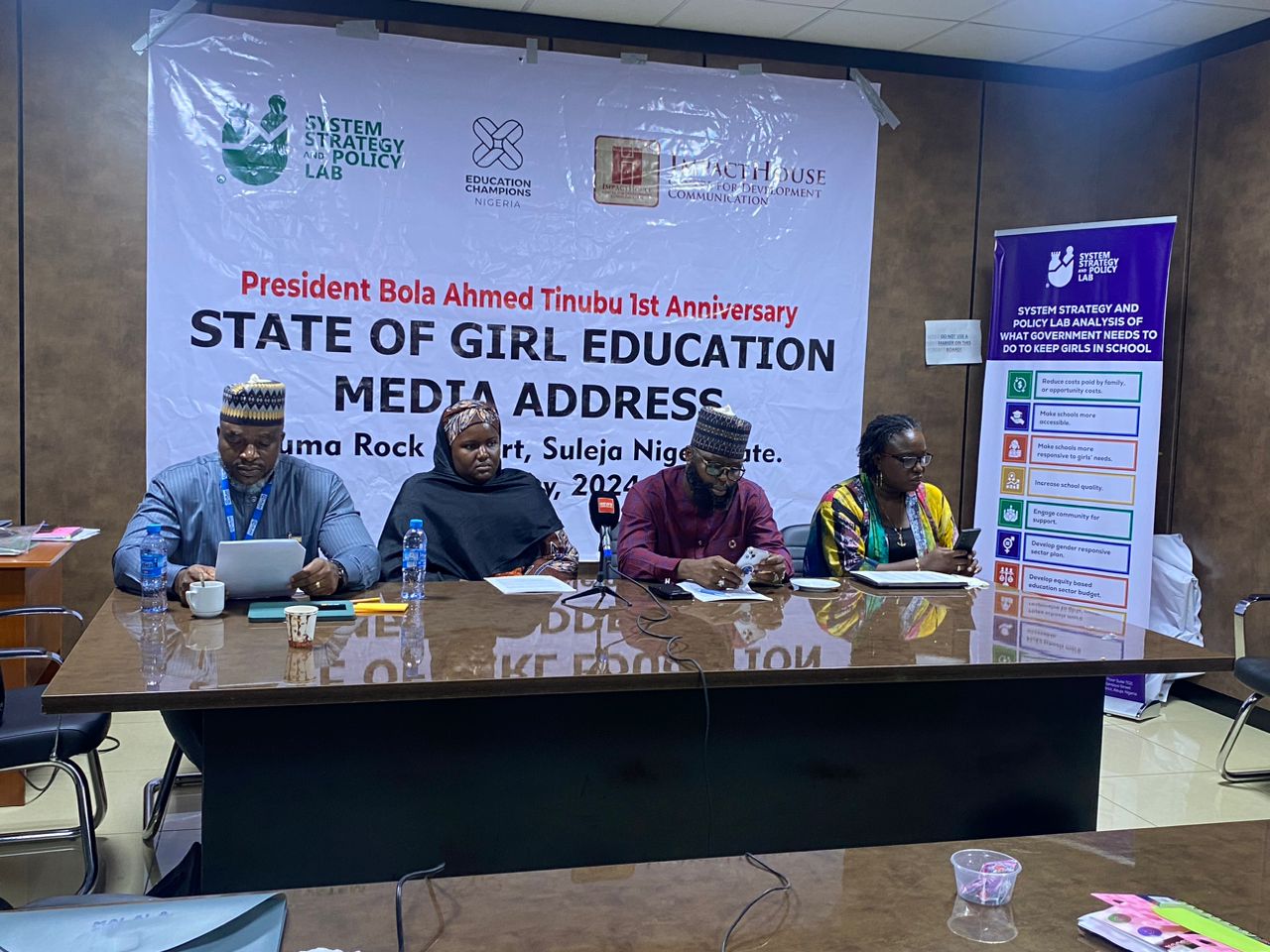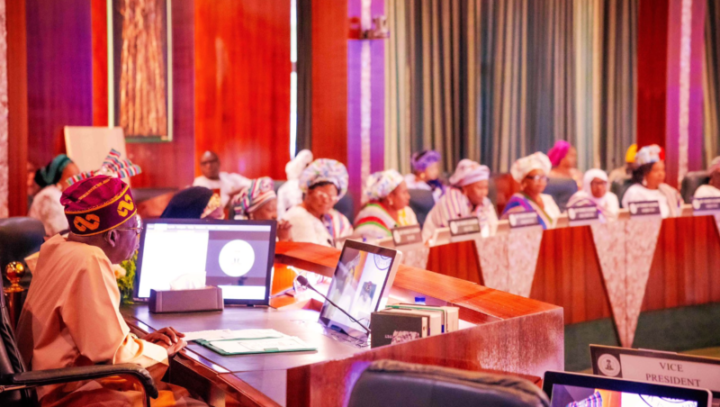The Milestone Agenda for Youth Empowerment and Development Initiative (MAFYEDI), a non-governmental organisation, has called on the federal government to design and implement a comprehensive national menstrual health policy to tackle period poverty.
Zainab Yaqub, the executive director of MAFYEDI, made the call during an awareness programme organised by the NGO at a school in Ilorin, Kwara state capital, to commemorate the World Menstrual Hygiene Day under the theme ‘Together for a Period Friendly World’.
The organisation educated the female students on how to maintain proper menstrual hygiene and provided them with free reusable sanitary pads, and also taught them how to make them.
Yaqub, who expressed concern over the impacts of poor menstrual health otherwise known as period poverty on girls and women in the country, stressed that menstrual hygiene should be treated as a fundamental aspect of human rights, dignity, and public health.
Advertisement
“Menstrual hygiene management education should be incorporated into the secondary school curriculum, and there should be safe access to sanitation and menstrual hygiene facilities in schools across the country,” she said.
Yaqub also advocated for provision of free period products such as sanitary pads for girls and women in educational institutions across the country, citing examples of countries like France, New Zealand, Australia, South Africa, and some states in the United States that have implemented similar policy.

“The rising cost of disposable sanitary pads has exacerbated period poverty, making it imperative that period products be provided for free in educational institutions across the country, as seen in countries like France, New Zealand, Australia, South Africa, and various states in the United States,” she said.
Advertisement
“The soaring inflation has significantly increased the prices of essential products, including sanitary pads, thereby exacerbating period poverty among girls and women who are economically disadvantaged. This financial burden often forces many to resort to unsafe and unhygienic alternatives, compromising their health and dignity.”
Yaqub further called for a law that would enable female workers to take menstrual leave at their workplaces whenever they are experiencing severe menstrual pain or suffering from endometriosis.
According to her, this is to ensure that women can manage their menstrual health without compromising their professional responsibilities.
“Poor menstrual health affects millions of girls and women around the world, impeding their education, health, and social status, making it a critical barrier towards achieving gender equality as it holds back a large number of women and girls from achieving their full potential,” Yaqub said.
Advertisement
“As an organisation that advocates access to quality education for all, we believe that menstruation should not stop any girl or woman from getting education and achieving their full potential.”
The World Menstrual Hygiene Day is marked annually on May 28 to raise awareness about the importance of menstrual hygiene management and to break the silence and stigma surrounding menstruation.
Add a comment






